 |
| Food-safe, quality coffee products are increasingly attracting a large number of customers. |
According to the Department of Agriculture and Environment of Lam Dong province, the whole Lam Dong province is developing 165,000 hectares of Robusta coffee and 11,000 hectares of Arabica coffee, with an average yield of 3.4 tons/ha/year, of which nearly 170,000 hectares are commercial coffee. From stable coffee raw material areas, the whole province has 170 processing facilities, with a total annual market consumption of more than 300 tons of instant coffee; 4,500 tons of roasted and ground coffee powder. Notably, the whole Lam Dong province will achieve more than 50,000 tons of exported coffee beans in 2024, corresponding to a total export value of about 170 million USD.
“Lam Dong is one of the provinces with the highest coffee productivity in the country, especially its Arabica coffee products are considered to be of the highest quality in the world . In recent years, to increase the value of the coffee industry, the whole province has expanded the sustainable coffee production area meeting organic certification standards, VietGAP, 4C to more than 86,000 hectares…”, said Nguyen Hoang Phuc, Deputy Director of Lam Dong Department of Agriculture and Environment.
A typical example is the sustainable coffee production model of Binh Dong Farm (Loc Ngai commune, Bao Lam district) with a total specialized area of 90 hectares and 2.5 hectares of processing factory area. "All coffee on Binh Dong Farm's large area is cared for according to a uniform process, the nutrients for the plants are carefully selected, creating the highest quality products on the market", Binh Dong Farm commits. Thereby, in the coffee processing process, Binh Dong Farm takes advantage of the principle of water flow to wash, remove impurities and poor quality coffee beans. After processing, Binh Dong Farm takes advantage of coffee husks combined with biological preparations to compost into organic fertilizer products to provide nutrients back to the plants. In addition, Binh Dong Farm treats the wastewater system after coffee processing through 3 settling ponds using additional strains of microorganisms, meeting environmental safety standards before leading to the external water source system.
According to Deputy Director of the Department of Agriculture and Environment of Lam Dong province Nguyen Hoang Phuc, in addition to sustainable farming solutions, the whole Lam Dong province also strengthens solutions to use responsible agricultural materials in production, increase the value of the coffee industry in the area, specifically collecting and processing packaging and pesticide bottles in a timely manner, in accordance with regulations, meeting the requirements of protecting the ecological environment. In particular, the Provincial Party Committee and People's Committee of Lam Dong province have issued a Resolution on comprehensive, sustainable and modern agricultural development to 2025, with a vision to 2030; Plan to develop circular agricultural production, adapt to climate change; collect, transport and process pesticide packaging in the area. The results are assessed to have many positive changes, ensuring the quality of agricultural products in general, and coffee products in particular, meeting export requirements with a total turnover value of 170 million USD in 2024 as mentioned above.
However, according to the National Agricultural Extension Center, the coffee industry in Lam Dong province in particular and the whole country in general is still facing many challenges in the process of sustainable development, especially in waste management and responsible use of agricultural materials. Therefore, to increase the value of the coffee industry, the solution is to regularly and continuously raise awareness for agricultural extension officers, community extension officers, farmers, coffee producers and related partners about the current status of pesticide use and its impact on the environment. Next, it is necessary to strengthen the application of integrated pest management, integrated plant health management, and apply safe production processes to replace and minimize the use of chemical fertilizers and pesticides in cultivation. In addition, focus on guiding farmers to master the measures of collecting and managing waste in coffee production; Enhance responsibility in using agricultural inputs (seeds, pesticides, herbicides, fertilizers, irrigation water, etc.) in coffee production, contributing to improving product quality, protecting community health and protecting the ecological environment...
Source: https://baolamdong.vn/kinh-te/202504/de-nang-cao-gia-tri-nganh-hang-ca-phe-c090085/


![[Photo] The coffin of former President Tran Duc Luong arrives in Quang Ngai](https://vphoto.vietnam.vn/thumb/1200x675/vietnam/resource/IMAGE/2025/5/25/1f1aca0d92ab47deae07934e749b35e6)
![[Photo] Funeral of former President Tran Duc Luong in Quang Ngai](https://vphoto.vietnam.vn/thumb/1200x675/vietnam/resource/IMAGE/2025/5/25/ccf19a3d8ea7450bb9afe81731b80995)
![[Photo] Welcoming ceremony for Prime Minister Pham Minh Chinh and his wife on an official visit to Malaysia](https://vphoto.vietnam.vn/thumb/1200x675/vietnam/resource/IMAGE/2025/5/25/dc30203c3ae24da3990266ec3b29bb2d)

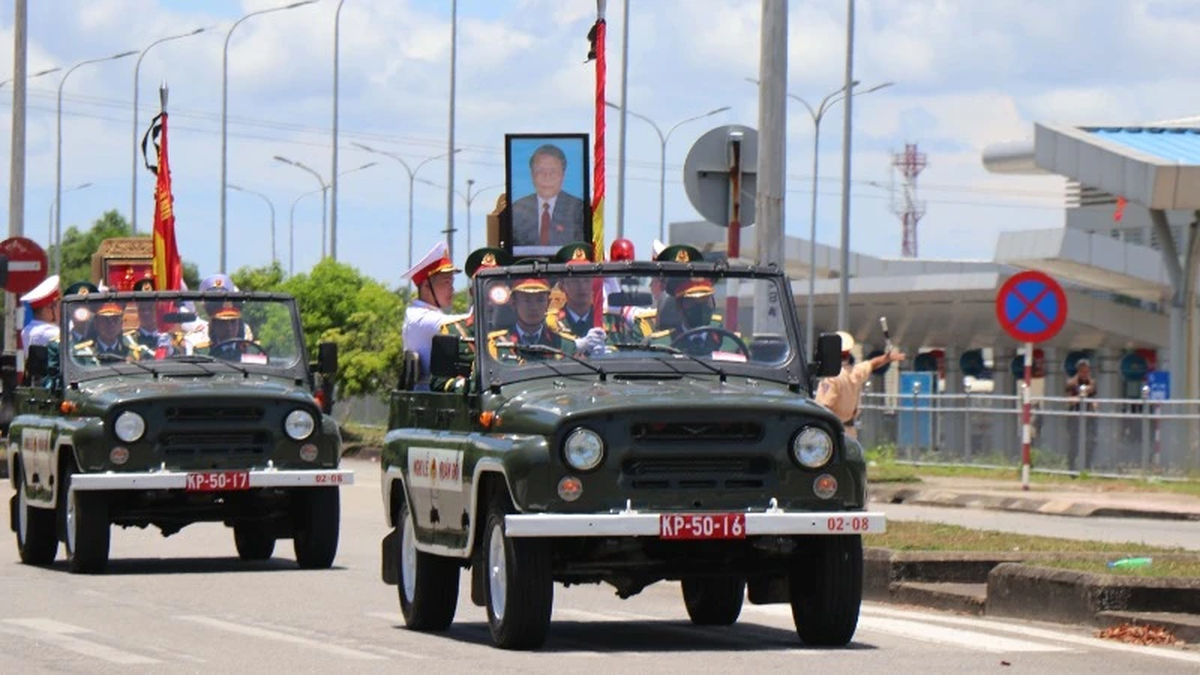

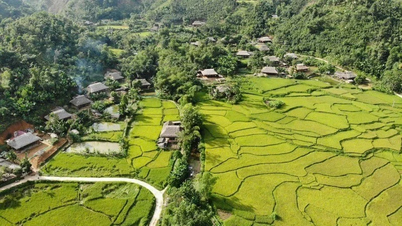


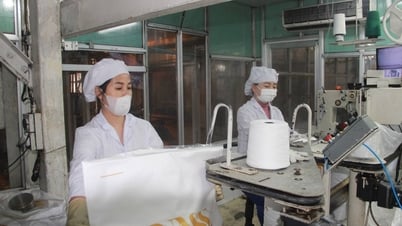

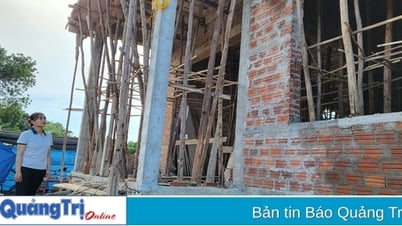

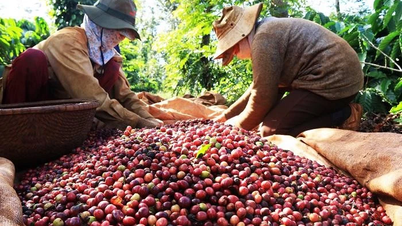







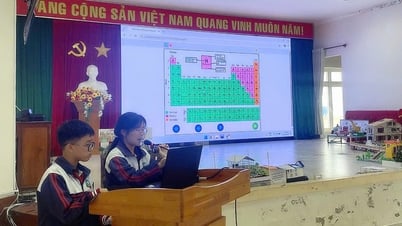
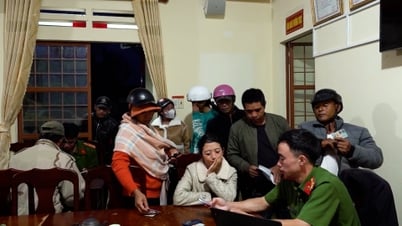
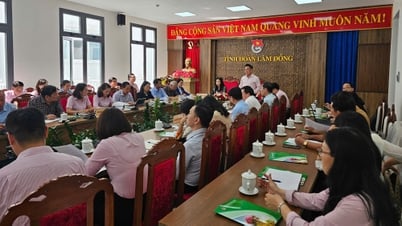

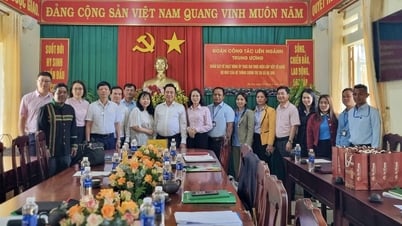













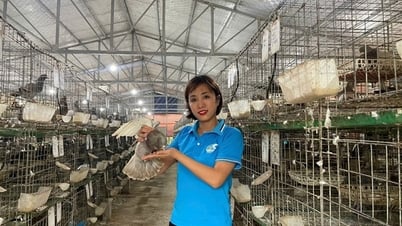


















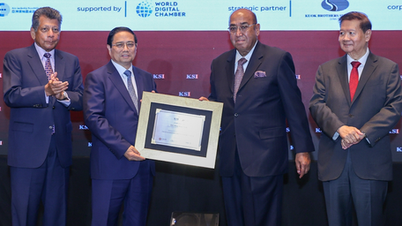

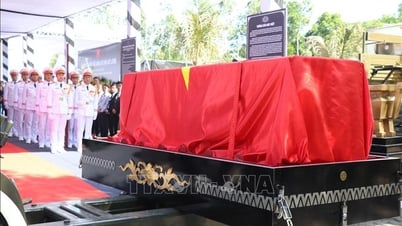











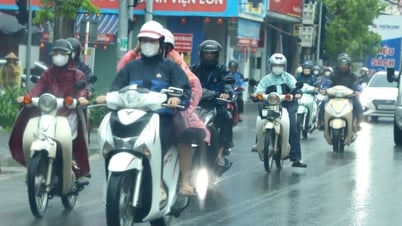





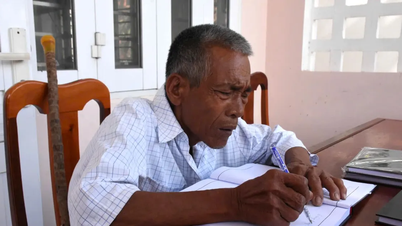




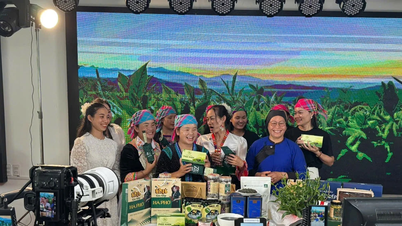







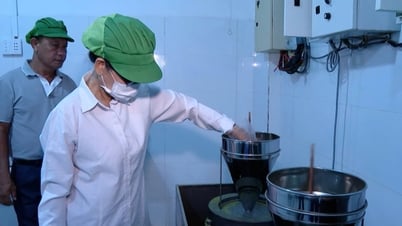

Comment (0)